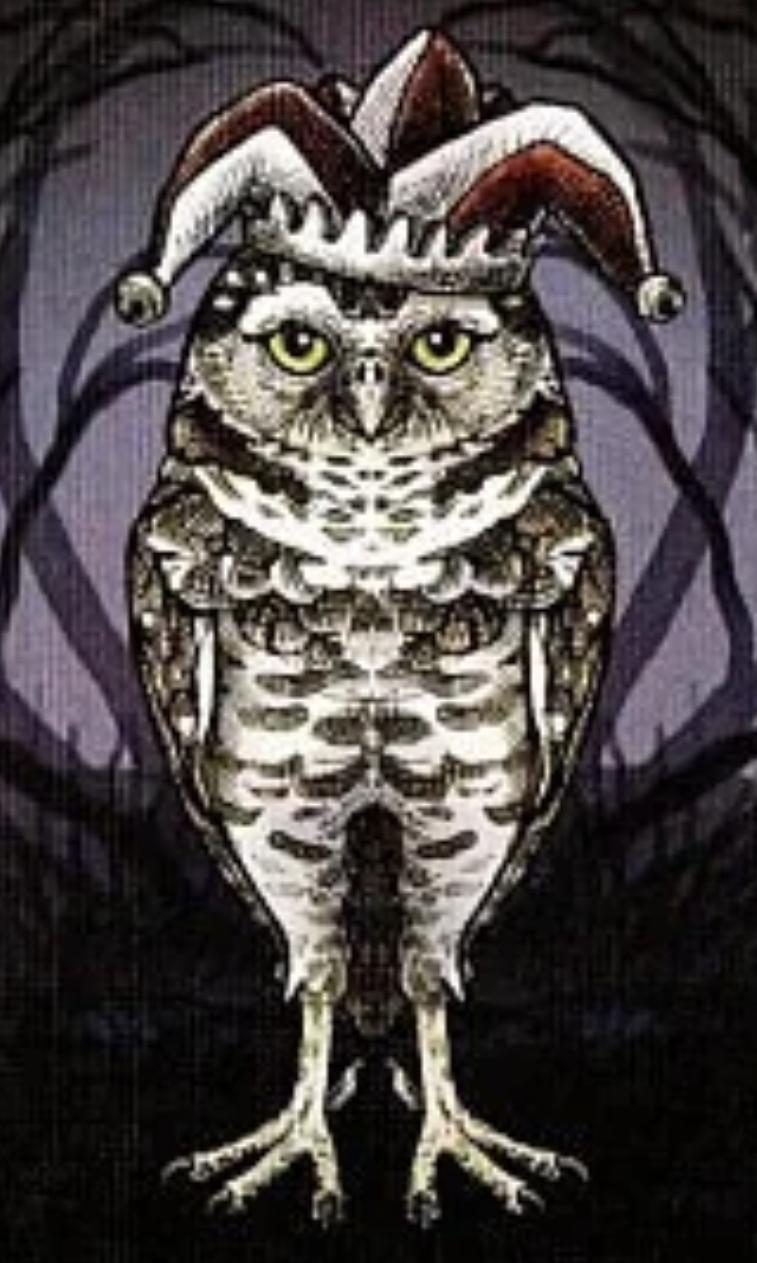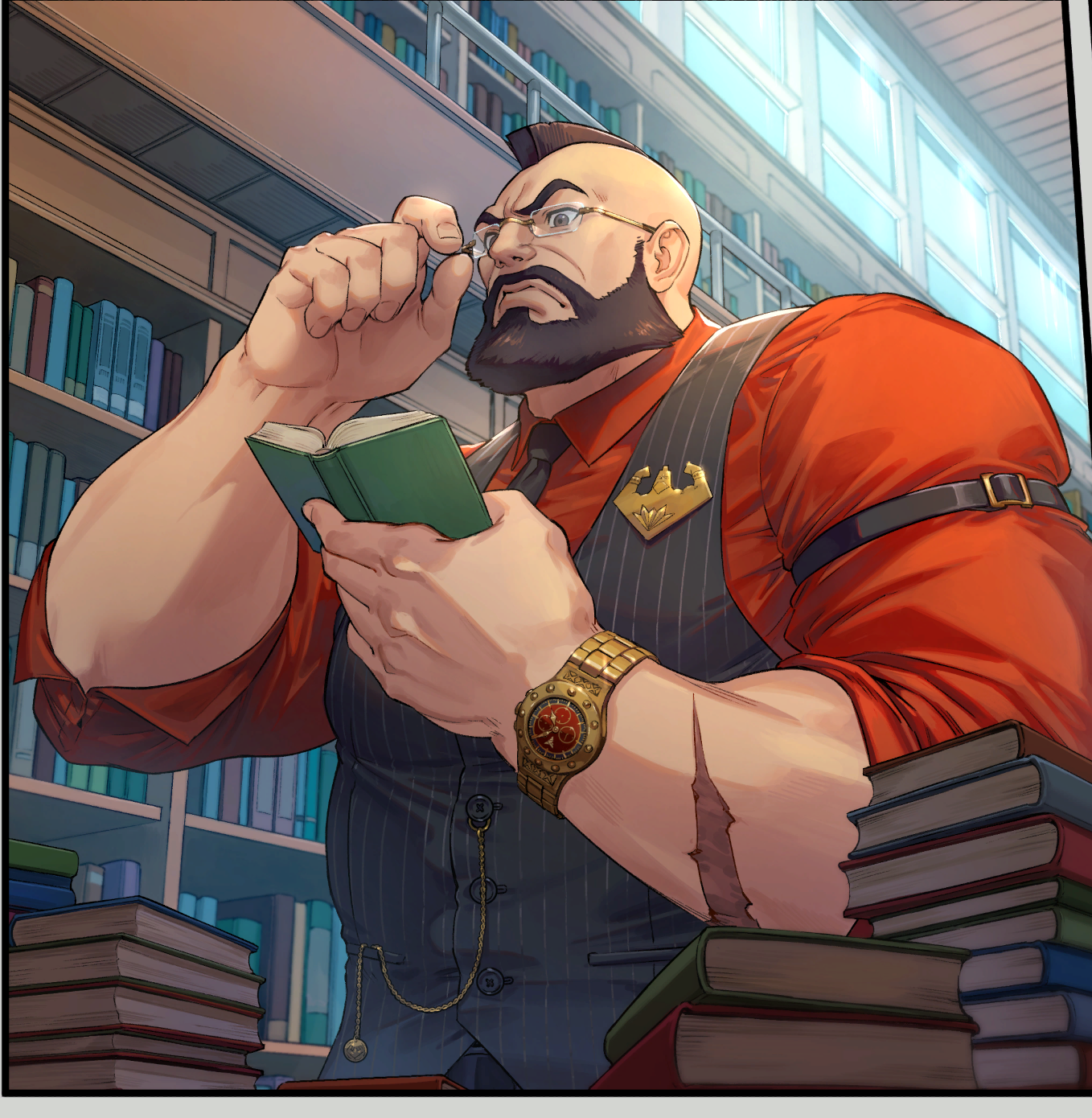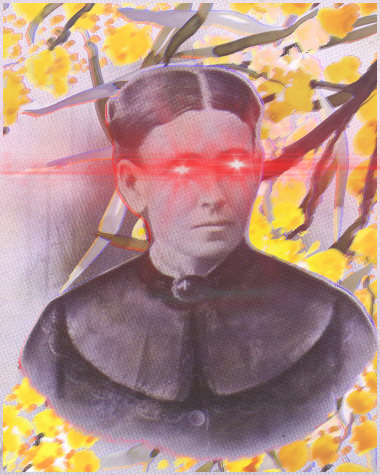HOO HOO HOO!
TWIDDLE DE DEE, TWIDDLE DE DOO~
SOLVE MY RIDDLE, PEEP PEE POO POO!

Jest like it’s 1432:
Reject color coordination. Embrace patchwork and motley.
Insult your social superiors with limericks that make fun of their penis.
Pretend to be a dumbass but secretly overhear all the juiciest gossip.
Be the only one the king truly trusts.
Stańczyk Maxing
 i toileth all day in the wheate fieldes, yet the lorde is the one to keepeth all of thine graine
i toileth all day in the wheate fieldes, yet the lorde is the one to keepeth all of thine graine 
Jesters had institutional support from the rotten feudal order. Medieval Jokerification would be Till Eulenspiegel.

jesters were literal recuperation in action
mockery of the throne commodified and bought out, brought into the status quo to reinforce it. The beginning of the spectacle
Sometimes it was just a guy who could fart real loud. But yeah, I bet at least one king had a jester he told him to mock him so he could check who laughed the loudest.
Joke = woke
Jest = west
I am very smart
Foolenisation


that’s eric cartman
Your comment helped me to get inspiration. I didn’t even realize it at first. But the evidence is right there…
eric cartman
Riddle please
I googled and googled for a good riddle but all I found was total crap: copypasta, horrible jokes, and AI. I made up joke but it’s not a riddle.
What does a lonely owl sing at karaoke?
Owlet 'n young
I never needed anyone
And making love was just for fun
Those days are goneOwl by myself
Don’t want to be owl by myself anymore
Owl by myself
Don’t want to live owl by myself anymoreIt’s a good joke! I’m sure the regent would let you keep your head.
One can see some similarity between the badchen and the court jester, a rôle which was common in the courts of the kings of Europe; however, they were essentially different from one another. The court jester was distinguished from the surrounding society by his dress and sometimes by his mental and physical limitations. The badchen, on the other hand, was dressed and looked like the members of the community, as well as well versed in Jewish customs and Talmudic tracts.
By the sixteenth century, the Jewish badchens had become extremely popular amongst the Jewish communities. His entertainment rôle was characterized by sharp wit. By the eighteenth century, the status of the badchen had greatly improved, economically as well as socially, and he had become a new type of social leader whose company was much desired. There were three renowned badchens who became the focus of many tales: Hershel of Ostropol (1757–1811), Motke Chabad (1820–1880), and Eliakum Zunser (1836–1913).
[…]
Many of the jokes attributed to Hershel are witticisms derived from Yiddish. Contrary to expectations, this jester was a very distinguished figure in his community. The jokes he told dealt with his own life story, as well as the familiar Jewish stereotypes,⁹⁷ making him the most popular Jewish jester both in oral stories and in the popular Jewish literature of Eastern Europe.⁹⁸
(Source.)













